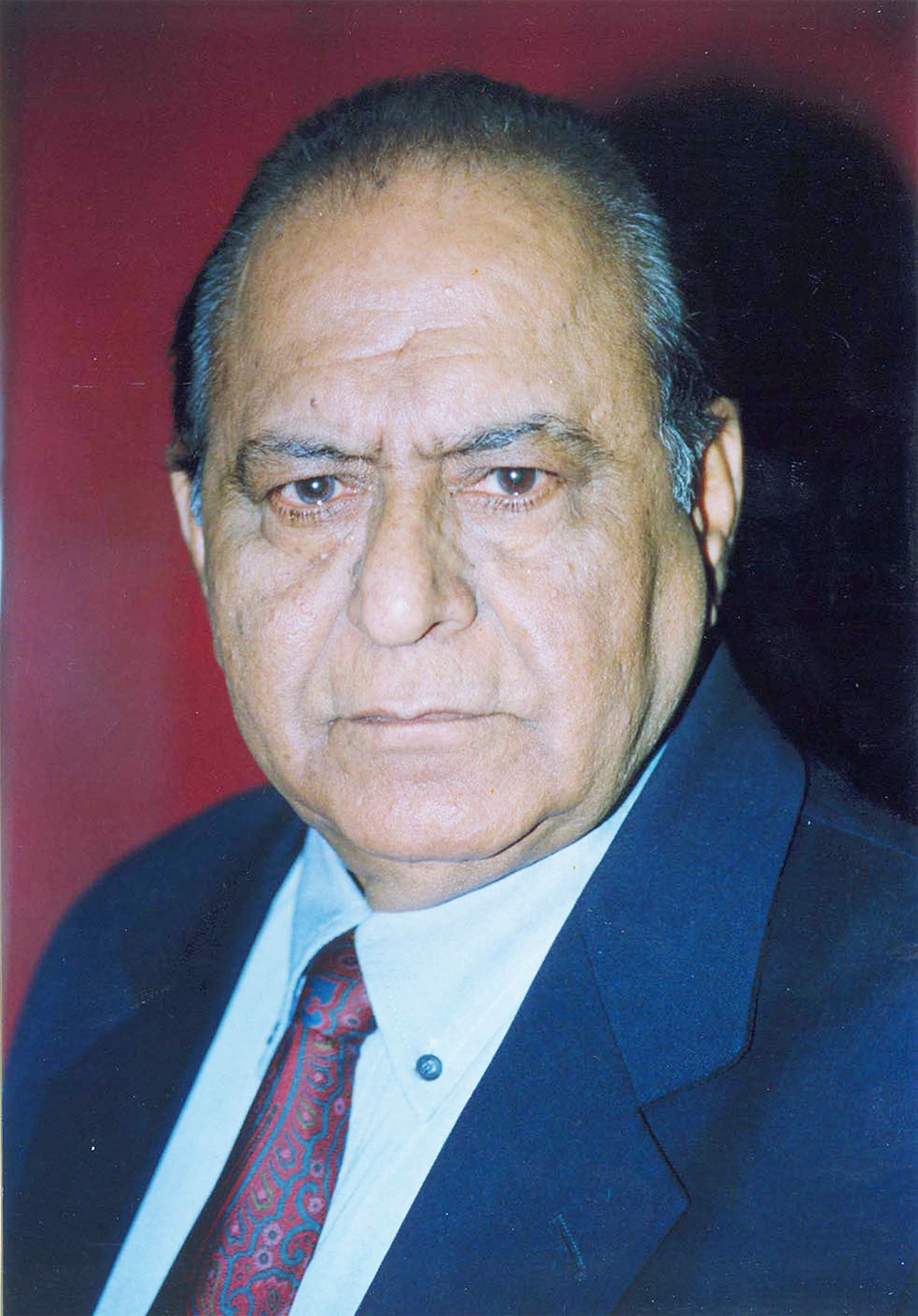by NAWAID ANJUM

Professor Gopi Chang Narang, 91, is an institution unto himself. A formidable literary theorist, critic and scholar, he has published more than 65 scholarly and critical books on language, literature, poetics and cultural studies: twelve in English, eight in Hindi and more than 40 in Urdu. In his works spanning decades, the Professor Emeritus at University of Delhi and Jamia Millia Islamia has incorporated a range of modern theoretical frameworks, including stylistics, structuralism, post-structuralism and Eastern poetics.
Born in Dukki, a small town in Balochistan, in the British India (now in Pakistan), to a Saraiki family — his father, Dharam Chand Narang, was a litterateur himself, and a scholar of Persian and Sanskrit, who inspired in his son an abiding interest in literature — Professor Narang received a Master’s degree in Urdu from the University of Delhi, and a research fellowship from the Ministry of Education to complete his PhD in 1958. He taught Urdu literature at St. Stephen’s College (1957-58) before joining Delhi University, where he became a reader in 1961. In 1963 and 1968, he was a visiting professor at the University of Wisconsin, also teaching at the University of Minnesota and the University of Oslo. He joined Jamia Millia Islamia, New Delhi, as a professor in 1974, and rejoined the University of Delhi from 1986 to 1995. In 2005, the university named him a professor emeritus.
Professor Narang’s first book (Karkhandari Dialect of Delhi Urdu) was published in 1961, a socio-linguistic analysis of a neglected dialect spoken by indigenous workers and artisans Delhi. Professor Narang has produced three studies: Hindustani Qisson se Makhooz Urdu Masnaviyan (1961), Urdu Ghazal aur Hindustani Zehn-o-Tehzeeb (2002) and Hindustan ki Tehreek-e-Azadi aur Urdu Shairi (2003). Amir Khusrow ka Hindavi Kalaam (1987), Saniha-e-Karbala bataur Sheri Isti’ara (1986) and Urdu Zabaan aur Lisaniyaat (2006) are some of his socio-cultural and historical studies.
Punch Magazine for more
